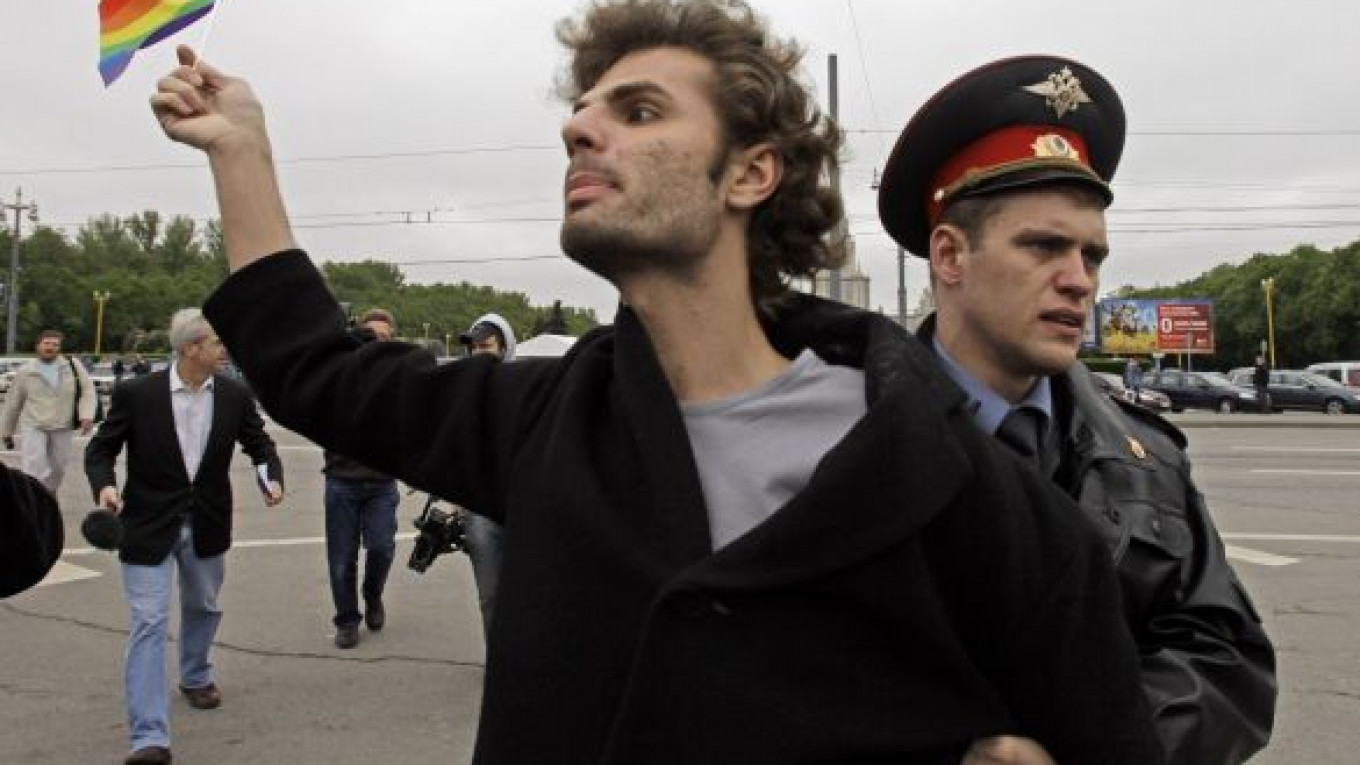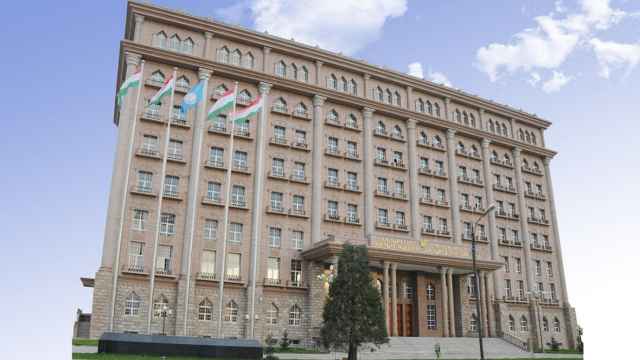LAUSANNE, Switzerland — IOC President Thomas Bach said Russia will set up public protest zones in Sochi during the Winter Olympics, a move unlikely to defuse criticism of the country's human rights record and a recent law banning gay "propaganda."
With the opening ceremony less than two months away, Bach said Sochi organizers notified him of the decision during their report to the International Olympic Committee executive board.
Bach, chairing his first board meeting since being elected president in September, said the Russians would establish specially designated zones for "people who want to express their opinion or want to demonstrate for or against something."
Bach said he did not have any details on where the protest zones would be located or how they would be managed during the games, which run from Feb. 7 to 23.
"This is a measure we welcome, so that everybody can express his or her free opinion," he said at a news conference Tuesday.
The decision to open protest zones comes amid continuing Western condemnation of President Vladimir Putin's record on human rights and the law banning promotion of "nontraditional sexual relations" to minors.
In August, Putin signed a decree banning "gatherings, rallies, demonstrations, marches and pickets" for 2 1/2 months in Sochi around the Olympics and Paralympics. The ban is due to go into effect on Jan. 7, a month before the start of the games and runs until March 21.
Putin's decree appeared aimed at heading off demonstrations against the anti-gay law.
At the 2008 Beijing Olympics, where China came under scrutiny for its human rights record and policy on Tibet, officially sanctioned protest zones were located kilometers from venues and were unused.
Beijing protesters had to apply for permission to hold demonstrations. Applications had to specify the protest subject and list those demonstrators involved. Chinese officials said almost 200 applications were received but most were withdrawn or rejected.
Protests near Beijing venues were quickly quelled, and activists detained and deported.
On Tuesday, the IOC board also approved a letter that will be sent to athletes reminding them to refrain from any protests or political gestures during the Sochi Games. The Russian law has raised questions about what could happen to athletes who wear pins or badges or carry flags supporting gay rights.
The memo focuses on Rule 50 in the Olympic Charter, which states: "No kind of demonstration or political, religious or racial propaganda is permitted in any Olympic sites, venues or other areas."
"We are going a step further to explain to the athletes why these rules are established and they are there to protect themselves," Bach said.
A Message from The Moscow Times:
Dear readers,
We are facing unprecedented challenges. Russia's Prosecutor General's Office has designated The Moscow Times as an "undesirable" organization, criminalizing our work and putting our staff at risk of prosecution. This follows our earlier unjust labeling as a "foreign agent."
These actions are direct attempts to silence independent journalism in Russia. The authorities claim our work "discredits the decisions of the Russian leadership." We see things differently: we strive to provide accurate, unbiased reporting on Russia.
We, the journalists of The Moscow Times, refuse to be silenced. But to continue our work, we need your help.
Your support, no matter how small, makes a world of difference. If you can, please support us monthly starting from just $2. It's quick to set up, and every contribution makes a significant impact.
By supporting The Moscow Times, you're defending open, independent journalism in the face of repression. Thank you for standing with us.
Remind me later.






